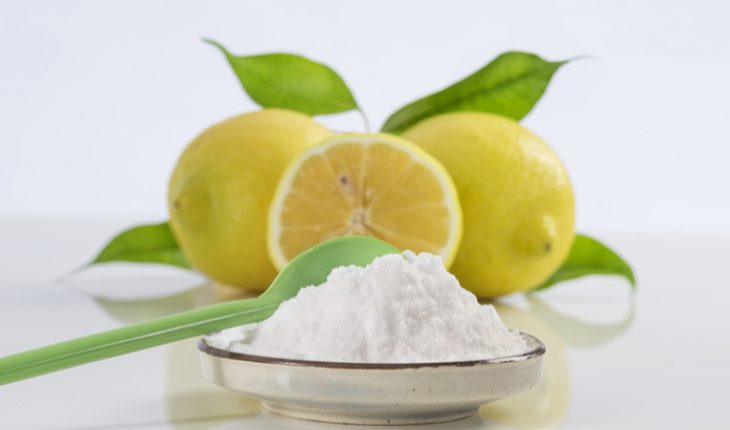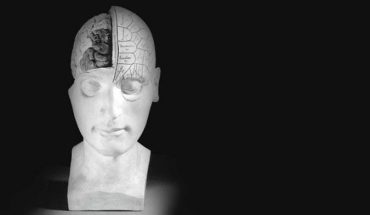Do household remedies really work? Whether it’s superstitions, family remedies passed down through the generations, or simply little tricks that you swear on, almost everyone has some unusual methods for fighting off common illnesses.
Indeed, many of us have anecdotes of strange things our parents made us do because they promised it would rid us of our ailments. Others resolutely believe there are items in their kitchen cupboards better at fighting off the common cold than anything you can buy from a pharmacy.
Others resolutely believe there are items in their kitchen cupboards better at fighting off the common cold than anything you can buy from a pharmacy.
It’s an interesting subject with potentially serious consequences, begging the question: exactly what household health remedies are the British public putting their faith in? And, more importantly, what evidence is there that these popular cures actually work?
To provide some answers to these questions, PharmacyOutlet.co.uk recently surveyed more than 2,000 UK adults. The research shed light on the numbers of people that have tried and tested some of the better-known common cures, as well as the percentage of these people who truly believe that they work.
A mouthful of salty water
One of the standout findings was that over half of Britons – 56%, to be exact – have tried gargling salty water to get rid of a sore throat. And of this sizeable group, 68% say it does the trick. But does it work? Well, gargling warm salty water can actually help people with a sore throat; it provides symptomatic relief as well as having preventative benefits by pulling fluids out of the infected tissues in the throat.
Some of the other most common tricks people have tried include sweating out a cold (47%); having a nightcap to help them sleep (44%); and “hair of the dog” to combat a hangover (36%). Sadly, despite their popularity, these three remedies are supported by very flimsy evidence – each may provide a short-term boost to the way one feels, but you cannot sweat out a cold, while drinking to help with sleep may make it easier to fall asleep but will likely result in a worst night’s rest. Similarly, drinking more alcohol when hungover will only serve to delay – and in fact worsen – the effects of excessive consumption.
Another popular myth that many (32%) Britons have tried is eating carrots to improve one’s eyesight. Only 25% of those who have tried it actually think it helps, which is because it has almost no benefits to one’s vision; although carrots are rich in beta-carotene, unless you are severely deficient in this, eating them will have no impact on your eyesight.
Buttering up a burn
Turning to the more bizarre health remedies people rely upon, PharmacyOutlet.co.uk’s research showed that 19% of the UK public have applied butter to burnt skin to ease the pain. However, this is not advisable – rubbing butter onto a burn could make the injury worse as it will slow the release of heat from the skin.
Elsewhere, 8% of people said they have slept in socks filled with onions to shake off a cold… perhaps unsurprisingly there is no evidence of this having any medicinal benefits.
And finally, 7% of men said they have tried rubbing turmeric on their scalp to combat baldness. Unfortunately, despite the fact that 47% of those who have tried it think it works, like many purported cures for hair loss, this one has not been proven to help – in fact, it is more likely to leave the individual with an itchy scalp.
Choose fact over fiction
Of course, the placebo effect associated with many of the aforementioned health remedies can lure people into believing they work. And in many instances – such as the common cold – the best solution, as boring as it sounds, is to get plenty of rest, eat well and drink lots of water.
Ultimately, the majority of household cures cannot do much harm. However, it is vital that people do not allow fictitious remedies to supersede medical advice. Moreover, when suffering from any on-going health problems it is important that individuals do not put their faith in unproven methods instead of seeking the professional guidance of a GP, pharmacist or doctor.
- Breastfed babies less likely to be given treats before 12 months - 4th March 2024
- Do household remedies really work? - 9th February 2018







Anything which means avoiding the toxic medications provided by conventional medicine is worth a try. There is no reason why such herbal/natural remedies would not be effective and no doubt they have as much placebo effect as does popping a toxic pill, without the poison effect on the body.